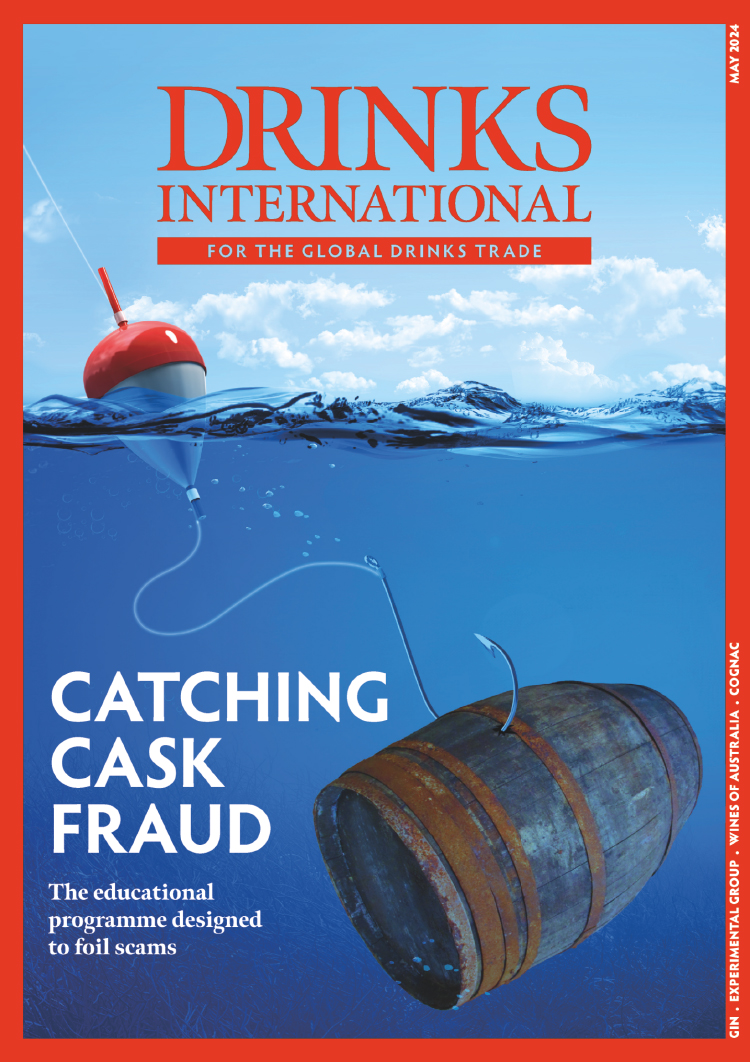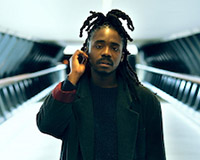Unilever, Coca-Cola, Lego and Verizon are among the advertisers to boycott the social media giants. They say they no longer want to support platforms that profit from promoting hate.
The US arm of Paris-based Pernod Ricard has now followed suit, and the group is going one step further by working with tech firms to develop an app that helps victims of online abuse.
The app is designed to create a space for collaboration between consumers and brands, and between brands and social media platforms. Victims will be able to use it to report the abuse to social media firms from August 1.
Pernod Ricard chairman and chief executive Alexandre Ricard said: “We’re confident this initiative will provide an additive resource for individuals affected by hate speech, consumers, brands and social media platforms themselves in the global fight to end these injustices.
“As creators of conviviality, our mission is all about sharing with respect and responsibility, bringing people together to celebrate the moments that make life worth living, not to divide, deride or tear people apart. Social media platforms share that mission, but there is still a collective work to make those platforms safe, responsible and convivial for everyone. Let’s then join forces to focus on a positive solution together.”
Pernod Ricard, which produces Absolut, Chivas Regal and Jameson, has an annual marketing budget of around €1.5 billion.
Ann Mukherjee, who runs Pernod Ricard’s business in North America, said: “The world is waking up to the reality that we all have a role to play in stopping the spread of hate speech, racism and misinformation on social media platforms.
“There is a long way to go. Movements like #StopHateForProfit are demonstrating that brands and consumers want them to take more urgent action.
“This is important, and it is why we are joining the movement for the next 30 days across all paid social media platforms, not just Facebook. But this is not sufficient.
“The big question is: what happens [from] August 1 [when the boycott ends]? We need more action and more people within the industry to find more solutions. Companies like ours can and should play a bigger role in problem-solving than just withholding advertising dollars. We can create tools that make it easier for consumers’ voices to be heard when they see hate speech spreading online. And that’s what we are doing.”
Facebook founder Mark Zuckerberg responded to the growing criticism about misinformation on the site by announcing the company would label all voting-related posts with a link encouraging users to look at its new voter information hub. The company also expanded its definition of prohibited hate speech in advertising.
Mukherjee told Bloomberg: “While I absolutely respect the boycott and everything else that’s going on, I think it’s important but not sufficient.
“We need to crack this space open for people today who don’t feel they have a voice, people who are victims of hate that is happening on social media platforms.
“I’ve had a passion in this space for many, many years now working with these ad tech platforms and social media platforms, and I’ve had a passion for holding them accountable for a very, very long time.
“I think they just haven’t responded as fast as I think any one of us in the industry have expected them to.”




